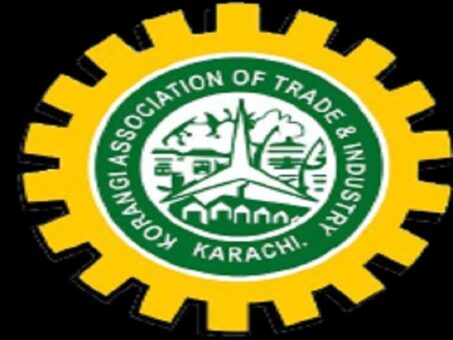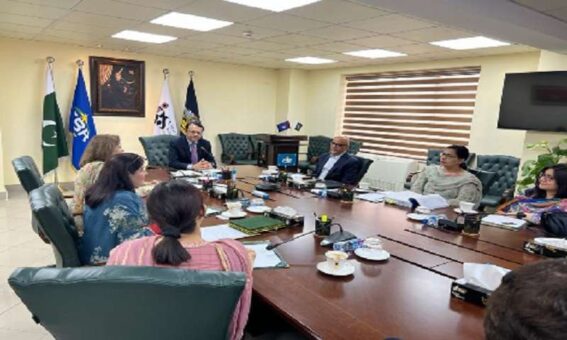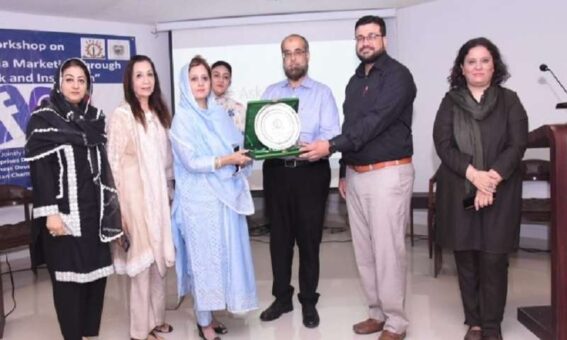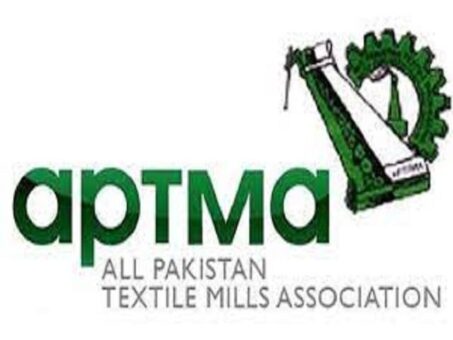KARACHI: Federation of Pakistan Chambers of Commerce and Industry (FPCCI) on Wednesday said that the State Bank of Pakistan (SBP) has agreed to allow clearance of consignments valuing up to $50,000.
FPCCI President Irfan Iqbal Sheikh in a statement apprised the entire business, industry and trade community of Pakistan that in a breakthrough achievement from the platform of FPCCI and under the leadership of its Senior Vice President and FPCCI’s focal person on SBP-related matters, Suleman Chawla, “SBP has agreed to clear / settle all the backlog and stuck up payments within two days, which fall under chapters 84 & 85 of the customs tariff; and, if their invoice values are up to fifty thousand dollars.”
READ MORE: KATI expresses concern over delaying revision in petroleum prices
Irfan Iqbal Sheikh maintained that FPCCI has been working relentlessly over the past couple of months on the issue of delayed clearance of dollar payments of importers; and, finally after multiple detailed rounds of consultative sessions between FPCCI and SBP, the central bank has agreed, in principle, to at least release all payments in the range of $50,000 or less.
Suleman Chawla informed that he has also released an official notification from FPCCI on the development to inform all members of the apex body & stakeholders of the lingering issue.
READ MORE: FBR suggested fixed tax regime for women entrepreneurs
He added that FPCCI has been receiving numerous calls each day for the past couple of months from across Pakistan and across various sectors affected by the restrictions – which were also impacting raw materials and equipment falling under chapters 84 & 85 – and,FPCCI is expecting that all payments falling under the aforementioned category will be cleared within this week.
READ MORE: Karachi Chamber urges allowing imports from India
Suleman Chawla reiterated that the commercial importers and manufacturers have suffered a lot due to the restrictions as these were announced abruptly and without any homework or consultation. Authorities should have been meticulously selective in implementation of the restrictions to only luxury items; which, in turn, would have saved the business community millions of dollars in demurrages, container charges and lost export orders, he added.
READ MORE: FPCCI rejects central bank’s claim of ‘no import restriction’






